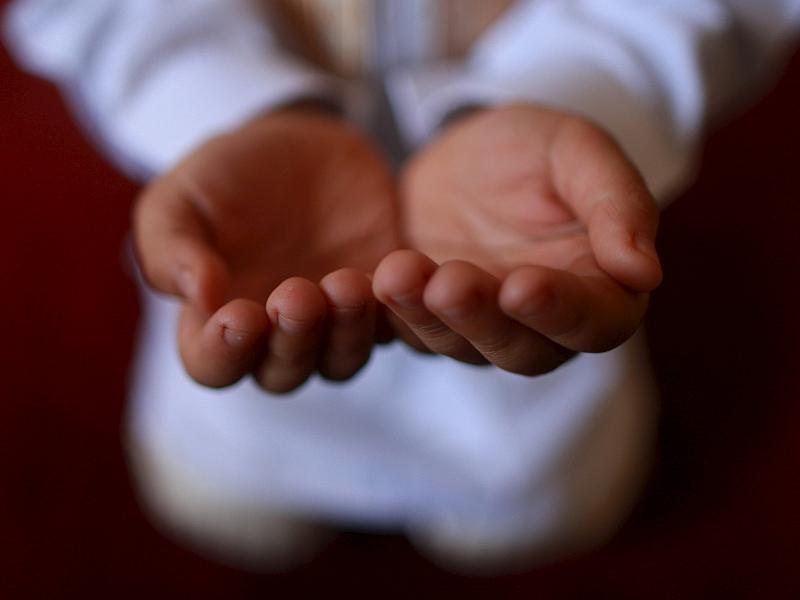
Every year, mostly in summer months, a number of individual persons or groups including children appear in the most popular tourist destination of Slovenia, where they beg passers-by and patrons of bars and restaurants for some change. The fact that they mainly do it without speaking, and show notes written in broken language, professing a number of causes the money is supposedly collected for, shows that they are mostly strangers looking for occasional profit. Those familiar with their situation often warn that these are actually criminal organisations, and the beggars their new-age slaves.
Last month the Slovenian police administrations in their daily reports mentioned several times that policemen apprehended, penalised (for misdemeanour) and also brought to a judge foreign citizens for molesting passers-by, or pretending to collect funds for humanitarian causes, as e.g. when the Ljubljana policemen caught a 54-year-old female citizen of Romania, who had failed to procure a permit from the Ljubljana Administrative Office.
Begging in itself is not prohibited, yet it must not be performed under the cover of raising money for humanitarian causes. "The manner of raising voluntary contributions is defined by the Public Order Act. Individual or legal persons can raise contributions for humanitarian causes (e.g. natural and other disasters) after obtaining a suitable permit issued by the competent administrative office, by which the administrative office defines the manner in which voluntary contributions can be collected, and the validity term of the permit, which depend on the purpose and the manner in which the contributions are raised," the Ljubljana Police Department explained.
When dealing with beggars of foreign nationality, the policemen also verify the legitimacy of their entry and stay on the territory of Slovenia. If they establish repeated misdemeanours in a relatively short period, the offenders are taken to a judge, who can then decide on a side sanction as well, namely eviction of the foreign citizen from the country, and seizure of objects.
Almost one thousand violations in five years
The sanctioning of beggars for violating the Public Order Act is not an exceptional happening. According the data from the General Police Department (GPU), in the period of the last five years (from 2011 to the middle of August, 2016) 954 offences for violations regarding raising of voluntary contributions were detected, 245 committed by the citizens of Slovenia, and 709 by foreign citizens, resulting in fines or charges at competent courts, with request for confiscation of profits, and eviction from Slovenia.
20 evictions
According to GPU, 20 foreigners were evicted in the last five years, but this number includes not only aggressive and bothersome beggars, but also other offenders as directed by the Act on Foreigners. The eviction of foreign citizens is totally in the hands of the courts, as they can concur with the proposal given by the Police, or reject it, based on the presented evidence.

































































